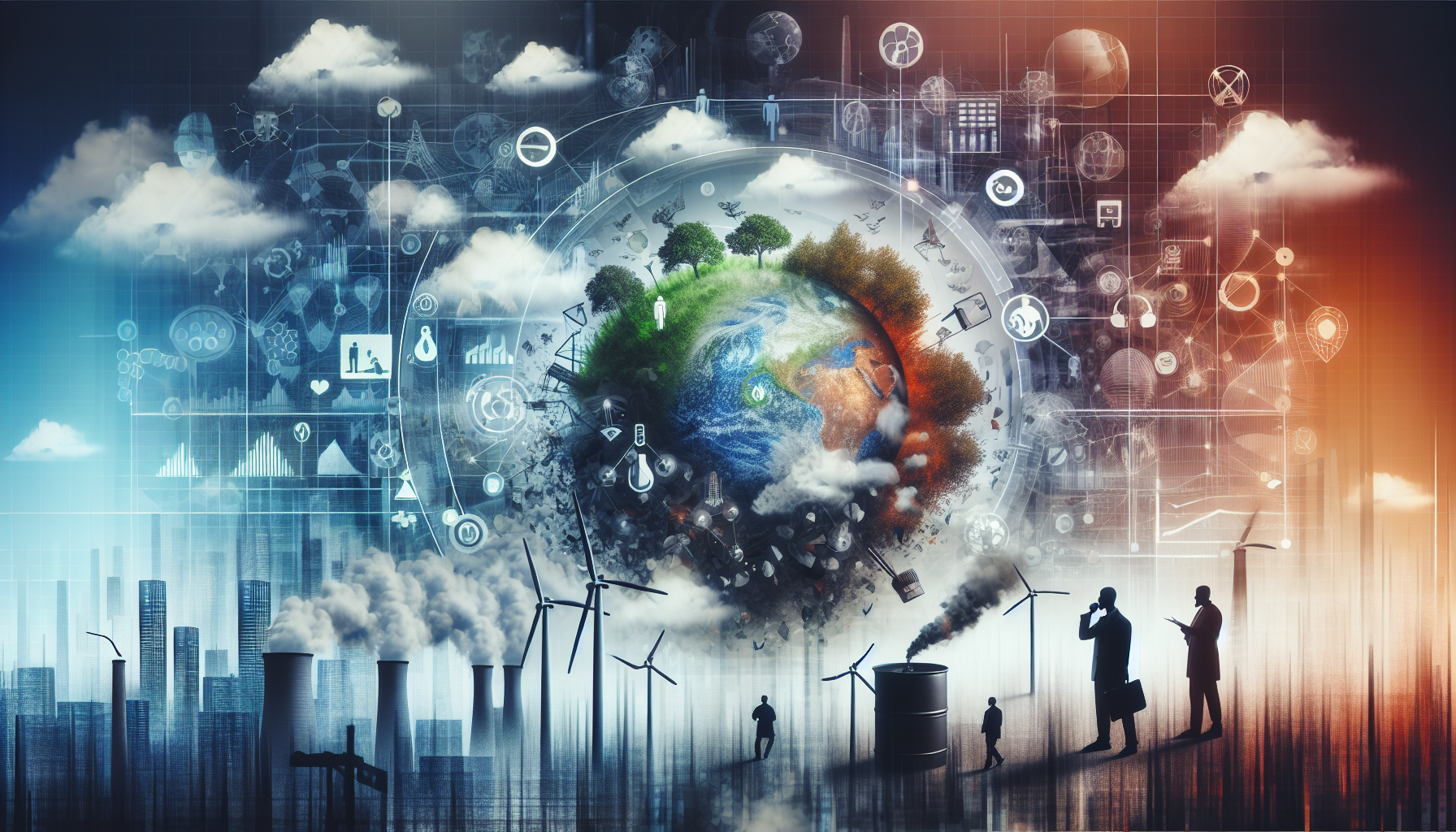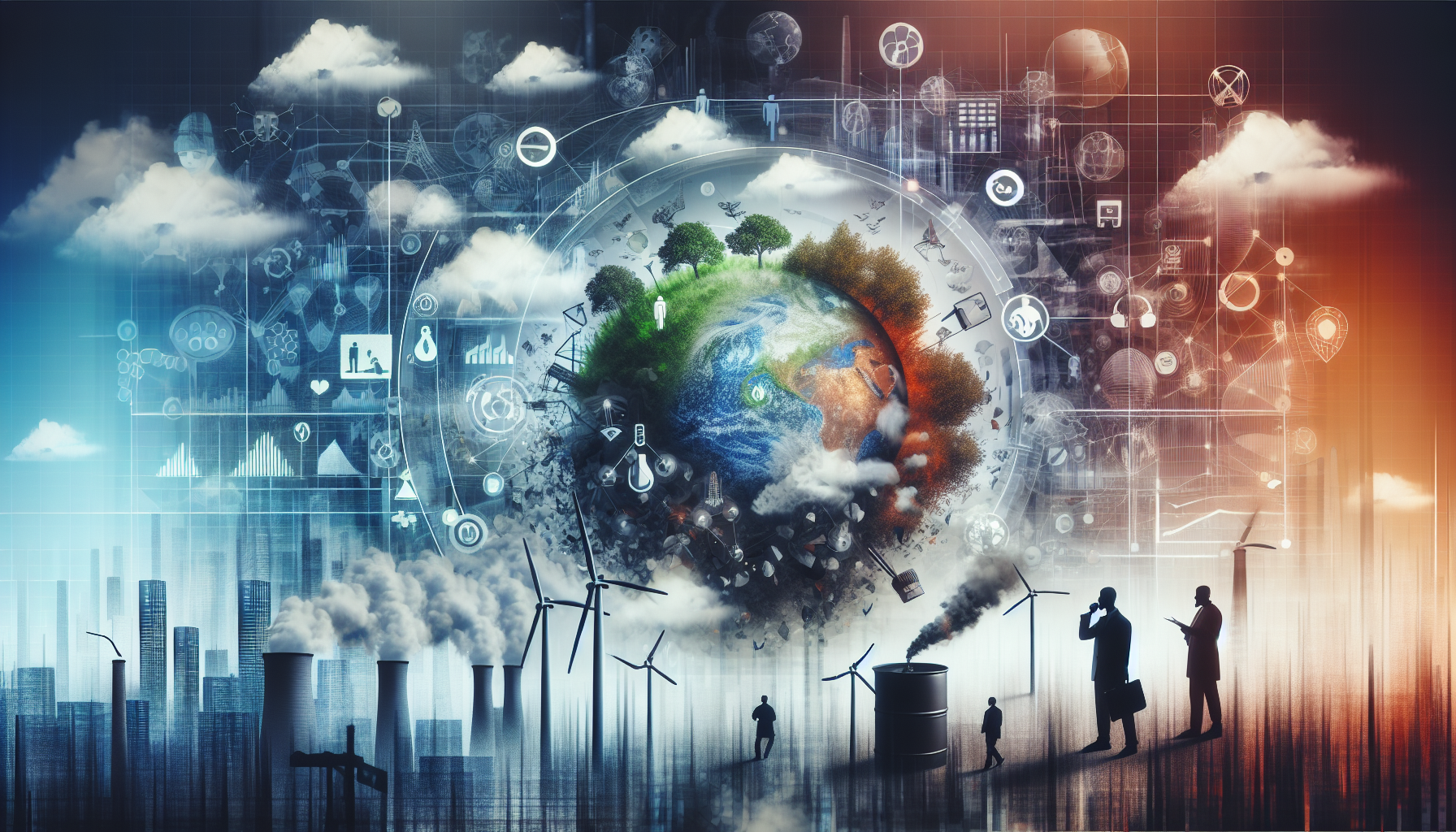Imagine waking up to a beautiful morning, taking a deep breath, and feeling the crisp, pure air filling your lungs. But have you ever wondered, what exactly is considered clean air? In our fast-paced world, where pollution and contaminants are a grave concern, understanding the definition of clean air becomes crucial. In this article, we will shed light on what qualifies as clean air and why it matters for our health and well-being. So, get ready to embark on a journey of discovering the elements that make the air truly clean and refreshing.
What is considered clean air?
Clean air refers to the quality of the air we breathe, free from any harmful pollutants or contaminants. It is the absence or minimal presence of pollutants that can have detrimental effects on our health and the environment. Clean air is essential for the well-being and longevity of all living beings, as it directly affects the respiratory system and overall health.
Definition of clean air
Clean air can be defined as the air that meets or exceeds the quality standards set by regulatory bodies and organizations responsible for monitoring and controlling air pollution. These standards are typically based on scientific research and take into account the levels of specific pollutants present in the air.
Impact of air pollution
Air pollution poses a significant threat to human health, ecosystems, and the planet as a whole. Breathing polluted air can lead to a range of respiratory and cardiovascular diseases, including asthma, bronchitis, lung cancer, and heart attacks. The presence of pollutants in the air also contributes to the degradation of natural resources, such as water and soil, and can harm plant and animal life.
Criteria for clean air
To determine if the air is clean, certain criteria are used to measure and assess its quality. These criteria include levels of pollutants such as particulate matter, nitrogen dioxide, ozone, sulfur dioxide, and carbon monoxide. Clean air should have pollutant concentrations within the acceptable range set by regulatory bodies. The criteria for clean air vary depending on the country and the specific pollutants of concern.

Air quality standards
Air quality standards are guidelines or regulations set by governmental and non-governmental organizations to ensure the maintenance of clean air. These standards define the acceptable levels of pollutants in the air and specify actions that need to be taken if the air quality falls below the set standards. They provide a benchmark for measuring and monitoring air pollution and serve as a basis for developing policies and regulations to protect public health and the environment.
Sources of air pollution
There are various sources of air pollution, both natural and human-made. Natural sources include volcanic eruptions, wildfires, and dust storms, which release particles and gases into the air. However, human activities play a significant role in air pollution. These activities include the burning of fossil fuels for energy production, transportation emissions, industrial processes, agricultural practices, and the disposal of waste. All these sources generate pollutants that contribute to air pollution and affect air quality.
Measuring air quality
Air quality can be measured using different methods and instruments. Monitoring stations equipped with sensors and sampling equipment are installed at various locations to measure and analyze the concentration of pollutants in the air. These measurements provide real-time or periodic data on air quality, which can be used to assess compliance with air quality standards, identify pollution sources, and guide pollution control strategies. Air quality indices are also used to simplify and communicate air quality data to the public in an easily understandable format.
Indoor vs outdoor air
While outdoor air pollution garners more attention, indoor air pollution is also a significant concern. Indoor air can become polluted due to factors such as poor ventilation, the use of certain cleaning products, smoking, and the presence of mold or chemicals. Pollutants trapped indoors can have a significant impact on human health, particularly in enclosed spaces where people spend a considerable amount of time, such as homes, offices, and schools. Ensuring clean indoor air is equally important for maintaining overall air quality.
Health effects of air pollution
The health effects of air pollution are significant and widespread. Breathing in polluted air can irritate the respiratory system, causing symptoms such as coughing, shortness of breath, and wheezing. Prolonged exposure to air pollution can lead to the development or worsening of respiratory conditions, cardiovascular diseases, and even cancer. In children, air pollution has been linked to developmental issues and impaired lung function. The elderly, pregnant women, and individuals with pre-existing health conditions are particularly vulnerable to the adverse effects of air pollution.
Importance of clean air
Clean air is essential for maintaining good health and ensuring a high quality of life. Breathing in clean air can reduce the risk of respiratory problems, improve cardiovascular health, and enhance overall well-being. Additionally, clean air is crucial for preserving the environment and ecosystems. It supports the growth and health of plants, animals, and marine life, and contributes to the sustainability of natural resources. Clean air is also essential for reducing the impact of climate change and protecting the planet for future generations.
Protecting clean air
Protecting and maintaining clean air requires collective efforts from individuals, communities, governments, and industries. Some strategies to protect clean air include reducing dependency on fossil fuels and promoting the use of clean energy sources, improving fuel efficiency in transportation, implementing stricter emission standards for industries, promoting sustainable agricultural practices, and raising public awareness about the importance of clean air and pollution prevention. It is crucial to implement and enforce regulations and policies that control and reduce air pollution while promoting sustainable development and a healthy environment. By working together, we can ensure clean air for ourselves and future generations.

